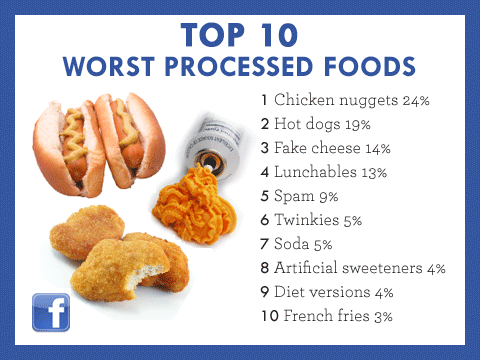Foods That Make You Retain Water
by Nancy Hearn, CNC
Note: As an Amazon Associate I earn from qualifying purchases.
Many of us have experienced those uncomfortable feelings of bloating, stuffiness, and swelling that are caused by water retention.
Since our bodies are mostly water, and water is involved in every function of the body, we obviously need it.
However, our bodies can retain and hold water in our tissues when we have imbalances, and there are many potential causes for this.
The foods we eat play a significant role in causing our bodies to retain water, and sodium content in food is the key factor.
Sodium Is the Main Culprit
We all need a certain amount of sodium in our body since it helps in regulating fluids and blood pressure. But we only need a small amount. If we get too much sodium, our body retains water.
Salt is our main source of sodium, and the type of salt we use makes a big difference.
Unrefined natural salts, such as Celtic sea salt or Himalayan pink salt, contain trace amounts of sodium, as well as 80 plus other trace elements.
Refined white table salt, on the other hand, has no trace minerals or any nutrient value, and it contains harmful additives.
Refined table salt is usually 99.9% sodium-chloride, a highly processed and denatured chemical. In addition, other harmful chemicals, such as bleaching agents, are often added during processing.
Refined salt creates an imbalance in water regulation inside and outside the cells, especially when the body is dehydrated.
Replacing white refined salt with a mineral-rich, unrefined natural salt in your salt shaker is a good place to start to reduce water retention.
Worst Foods for Water Retention
Almost all processed foods have high levels of sodium from refined salt and salt additives.
The daily recommended allowance of sodium for adults is 2,300 mg or less a day.
You can often find this amount in one can of soup.
You can find low-sodium or no-sodium processed foods. But to compensate for but in most cases they will add other unhealthy ingredients such as artificial flavors, sugar, or other chemical additives to improve the taste.
The foods that typically have the highest levels of sodium that will most likely cause you to retain water include the following:
- Lunch meats
- Pickles and other condiments
- Canned soup and vegetables
- Boxed meals
- Frozen dinners
- Chips and crackers
- Boxed cereals
- Soy sauce
- Salad dressings
- Fast food
- Chinese food
- Soft drinks and sports drinks.
What to Eat and Drink for Fluid Balance
The best solution for normal fluid balance is to eat whole, fresh foods whenever possible and avoid processed and fast foods.
Also, eating more potassium-rich foods may help rid your body of excess sodium. Some of the best food sources of potassium include bananas, apricots, avocados, dates, figs, garlic, nuts, potatoes, tomatoes, raisins, spinach, winter squash, yams, and brown rice.
Although it may sound counter-intuitive, drinking more water will also help prevent water retention by helping to flush out excess sodium.
Reference
Webmd.com: Why Am I Retaining Water?
Further reading . . .
Water and Salt – Balanced Intake Is Essential for Health and Hydration
Return from Foods That Make You Retain Water to Water Nutrition
If you would like to reproduce or republish this article or any other article on this site, feel free to do so but please include a reference or link to the article at WaterBenefitsHealth.com.
Sign Up for Our Monthly
Newsletter
Visitor Comments
"This was the best and most straight forward info on the net yet. I asked a question and got an answer that made sense. Thank you so much!" - Linderlinder
FINALLY!!! I have been wondering about this for years with no 'solid' answer. This is exactly what I've been wanting to know! Thank you for this share..." by Andy
"Thank you for the information, Nancy. I appreciate it. Your article and findings are very helpful, referring to dehydration." - Carolyn
"Lemon water is one drink both my wife and I can't drink. It upsets our stomachs. We are in our sixties and in very good health—well, better health now that we drink about 2 liters plus of water each day. It has made so much difference to our digestive systems and recovery every day. Thank you for your website and effort." - Rod



